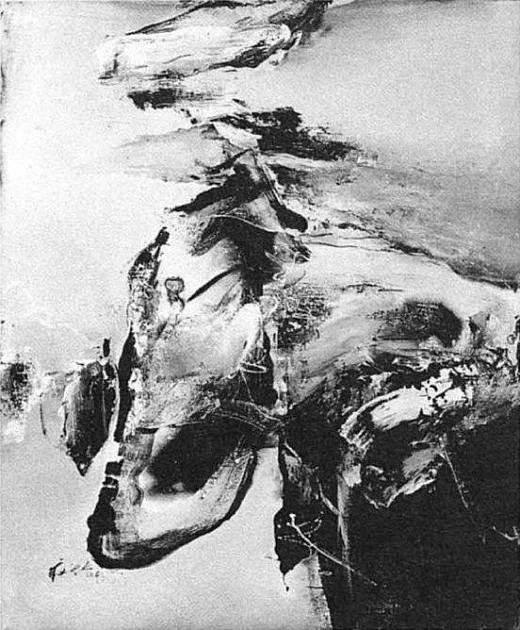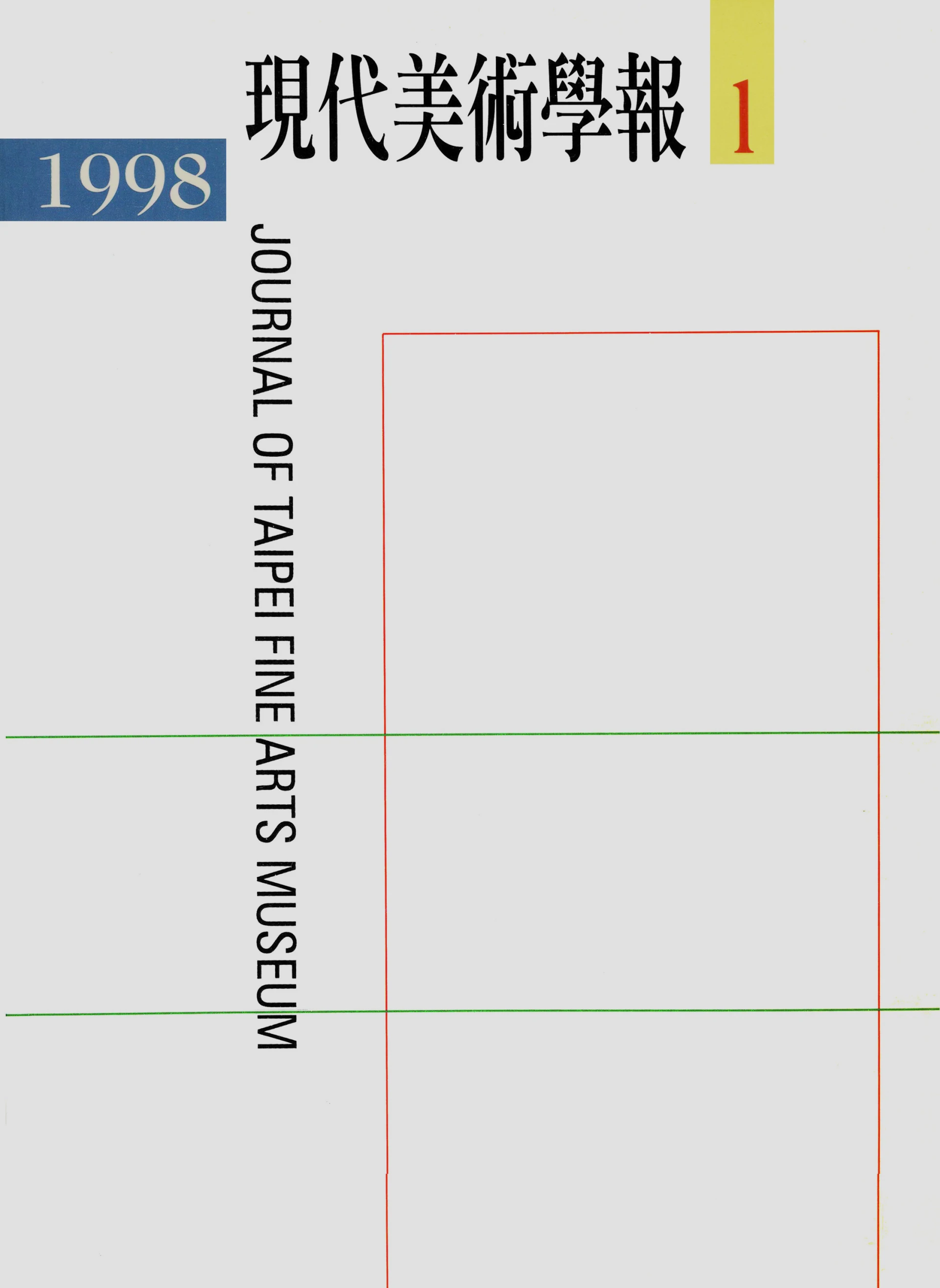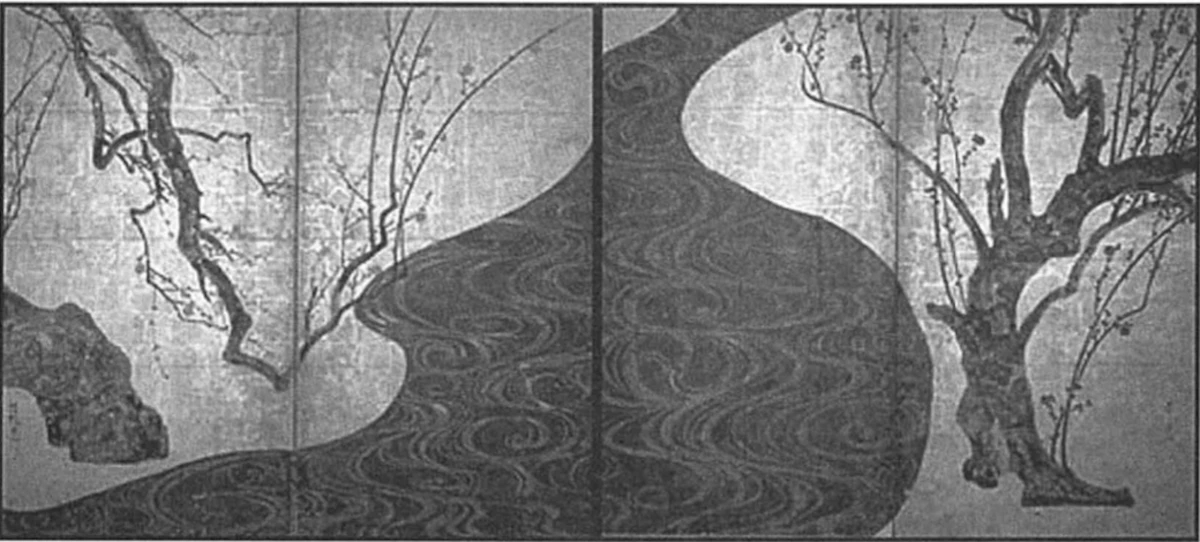摘要
本論文以1959年至1963年間白南準於德國創作的實驗作品為歷史資料,雖然這些歷史資料尚未成為歷史,但仍能助於我們理解當代經驗的不確定性,通過檢視他早期作品的歷史、美學、社會文化脈絡,試圖喚起眼望未來的記憶模組。白早期的作品承載了他對於音樂、聲音、電子、時空間存在的傳統邊界之批判性提問,最早,他對於音樂的興趣源於電子樂,其後延伸至相關表現。以電視作為媒材,白在德國烏朋塔(Wuppertal)的第一個個展《音樂展─電子電視》(Exposition of Music-Electronic Television)為他的在藝術中的激進實驗提出了聲明。本文主張白早期挑戰藝術常規的實驗是一種侵入性的努力,以介入被中心化與建制化的一切;以戰後的西德為歷史背景,本文檢視使白得以發展其對於不定的暫時性之興趣的概念與實踐路徑——他激進的實踐,不論對於美學或政治來說,都是巨大的反叛。
關鍵詞
白南準、不定、行動音樂、電視、《音樂展─電子電視》
Abstract
This paper revisits Nam June Paik's early experiment from 1959 to 1963 in Germany as an archive, which is not fixed in history, but still viable to our understanding of the indeterminacy in contemporary experiences. It intends to evoke a future-oriented model of memory by investigating the historical, aesthetic, and socio-cultural context, in which his early work was formed and structured. His early work addresses his critical questions posed on the conventional boundaries between music, sound, electronics, space, and time. His initial interest in music had developed by embracing electronic music and consequently performance. Employing television as a medium, his first solo exhibition Exposition of Music-Electronic Television in Wuppertal manifested his radical experiment in art. This paper contends that Paik’s early experiment, which challenged the conventions in art, was an invasive effort to intervene what was centralized and established. It looks into the conceptual and practical paths, in which Paik developed his interests in indeterminate temporality against the backdrop of the historical context of postwar West Germany. His radical experiment made a breakthrough in both the aesthetic and the political rebels.
Keywords
Nam June Paik, indeterminacy, action music, television, Exposition of Music-Electronic Television






